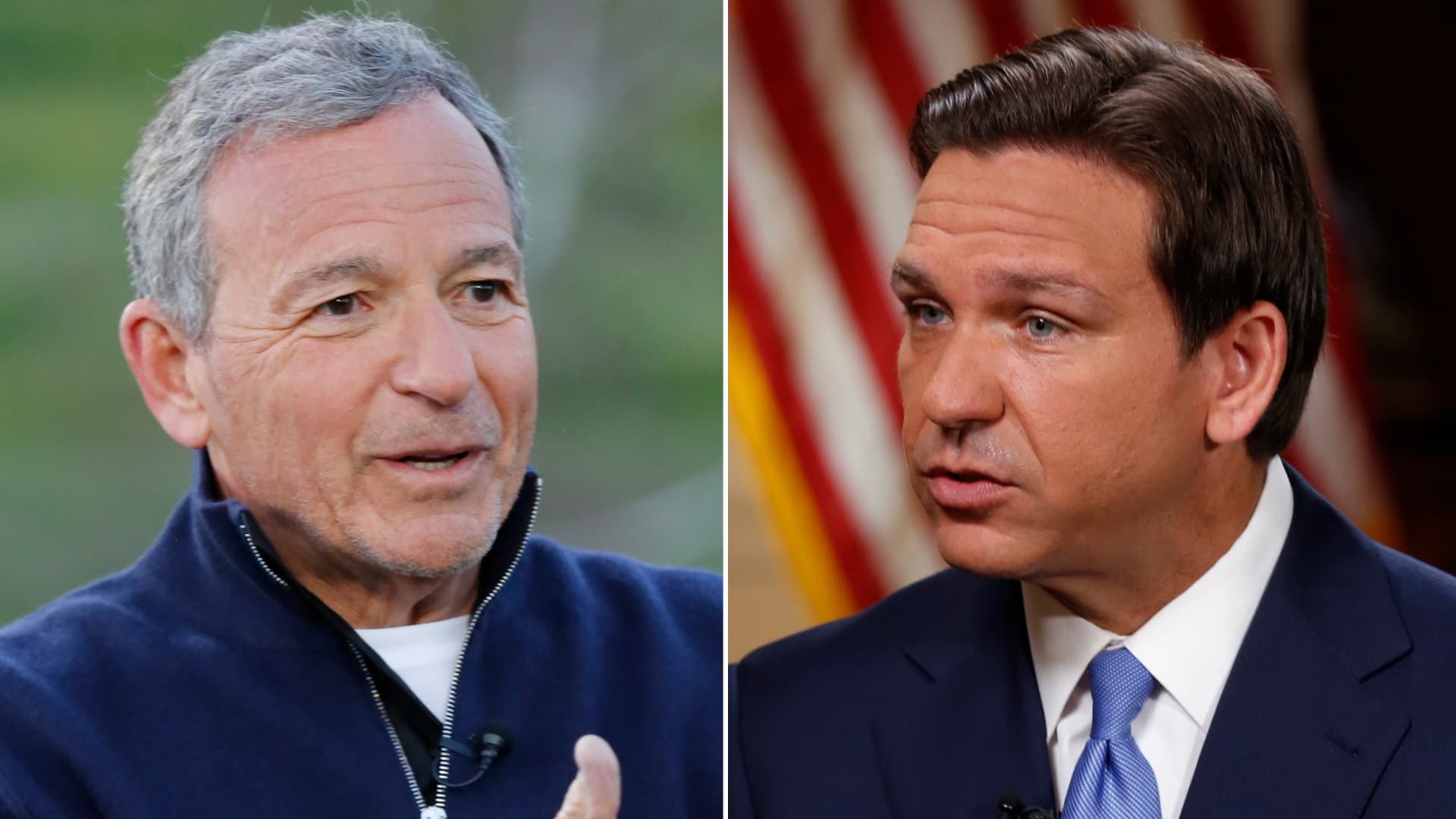US Markets
Monday, September 16th, 2024 5:11 pm EDT
Key Points
- Boeing has implemented cost-cutting measures, including a hiring freeze, travel restrictions, and reduced supplier spending, to manage the financial impact of a strike by over 30,000 factory workers, which has halted much of its aircraft production.
- The strike, prompted by workers rejecting a labor deal, is significantly affecting Boeing’s recovery efforts. The company is striving to negotiate a new contract while considering further steps, such as temporary furloughs for employees, managers, and executives.
- Credit agencies have placed Boeing’s ratings under review, citing concerns over the financial strain of the strike and ongoing production challenges, with Boeing already facing $8 billion in cash burn earlier this year.
Boeing has announced a series of cost-cutting measures in response to a strike by more than 30,000 factory workers, which has halted the production of several of its aircraft models. The company has implemented a hiring freeze, restricted nonessential staff travel, and reduced supplier spending to preserve cash during the strike, which began after workers rejected a proposed labor deal. Boeing CFO Brian West emphasized the need for these actions to protect the company’s recovery, stating that supplier spending for the 737 Max, 767, and 777 jetliners will see significant reductions.
While Boeing is attempting to negotiate a new contract with workers, the strike has put considerable pressure on its operations. The company is working to conserve cash, and West noted that temporary furloughs for employees, managers, and executives might be necessary if the strike continues. However, Boeing is committed to maintaining funding for safety, quality, and direct customer support despite the financial strain. The financial impact of the strike is still uncertain and will depend on its duration, but the company’s focus remains on managing its cash flow.
In light of the strike, credit agencies are reassessing Boeing’s financial standing. Moody’s has placed Boeing’s credit ratings under review for a potential downgrade, while Fitch Ratings warned that a prolonged strike could increase the risk of a downgrade, which would raise Boeing’s borrowing costs. This comes as Boeing grapples with significant financial challenges, including $8 billion in cash burn during the first half of the year, driven in part by slowed production following a serious manufacturing issue earlier in the year. The company’s leadership is eager to return to negotiations to reach a resolution and minimize the long-term effects of the strike.
For the full original article on CNBC, please click here: https://www.cnbc.com/2024/09/16/boeing-freezes-hiring-cost-cuts-factory-worker-strike.html




